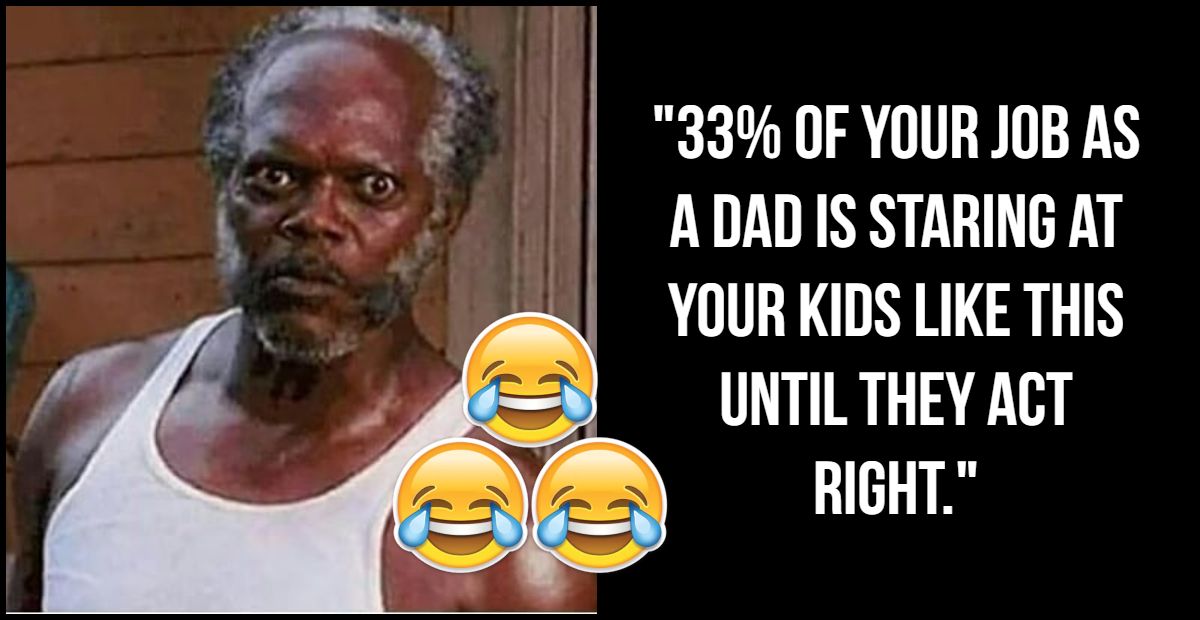I love following Everyday Hero on LinkedIn and reading stories of amazing people – people like all of us. We all can be heroes: in our homes, our communities, and our lives… Lets share our stories to make this world a better place and give us all more reasons to smile and laugh… To get the ball rolling, I’m sharing one of mine…
Saving us all from the 3rd world war
This story happened almost twenty years ago when my three children were under the age of four. Me and my friend needed some papers with official stamps. So off to the Russian Embassy we went. We entered the waiting room and my heart sank. There was a huge crowd of people there and nothing to keep my wild little boys entertained. We joined the queue, my children started squealing. Here the door opened and the consul came out growling.
“Whose are those kids,” he asked looking at my friend.
“They are not mine… Mine are at home..” – she said
“At home…. With whom?”
‘With my husband of course’
‘How many of them?”
‘Three boys all aged under four’
“Alone, with your man…. How did you dare… No Russian man will ever survive there…”
“Don’t worry…. My man is German’, responded my friend.
“German!” shrieked the consul. He just could not comprehend. “That’s even worse! If he won’t survive, I’ll be blamed of course…. All Russia will be blamed for your kids under four. That will surely start the third world war! You go first,” – he said to my friend and took her in his office with all her papers to stamp.
My kids got much noisier from all the boredom. The consul came back and went straight towards them.
“So whose are these kids?”
“They are mine,” I said.
“You go next… Or I won’t survive them.”
A few minutes later with all the papers and stamps, we left the embassy with a sense of achievement and a huge relief that we saved the world from the 3rd world war grief.

































